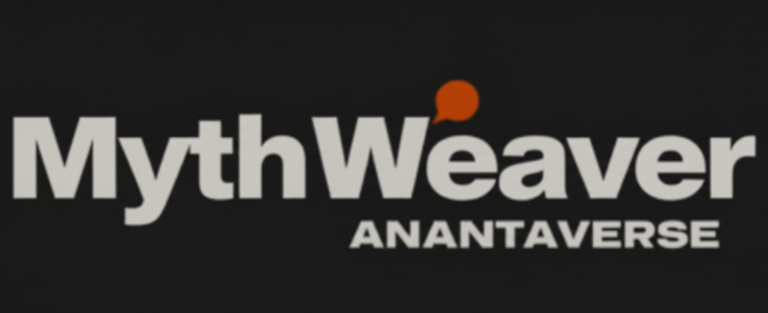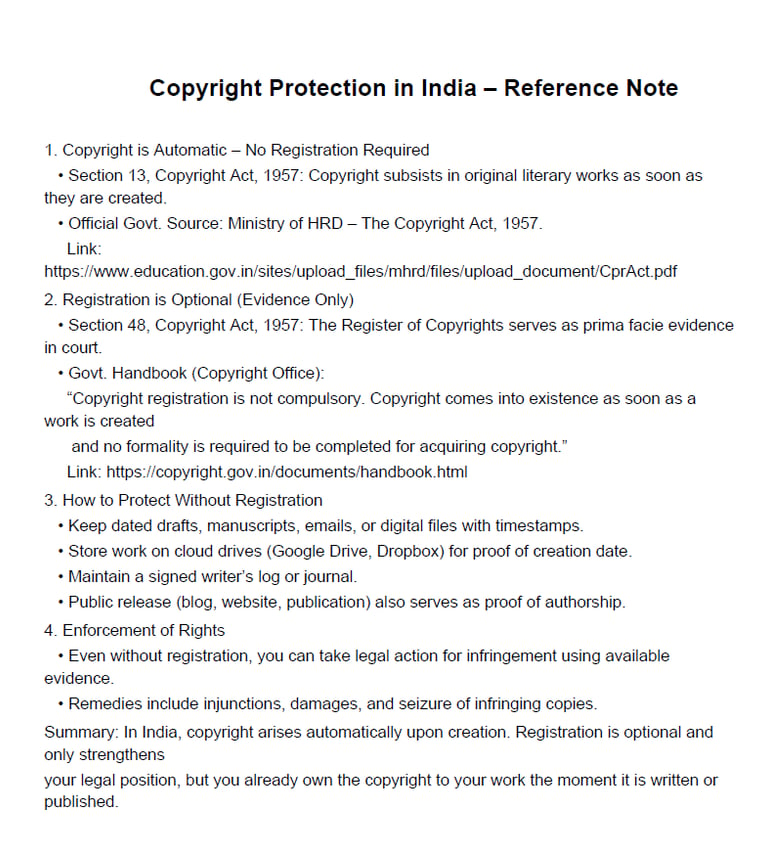The Shattering of Unity
The Dawn of the Great Ordeal
When harmony cracked like crystal, countless worlds fell apart—thus new realms of destiny were born.
For countless years beyond numbering, there was peace. The peace, not of silence but of dialogue, of shared labor and shared song. Wars were not known, for each understood that harm to one was harm to all, and destruction without renewal was folly. In place of rivalry, there was reverence. In place of dominion, there was devotion. Generations upon generations rose and passed like waves upon an endless ocean, each adding to the memory of unity, each carrying the flame of togetherness. But within this eternal calm lay a whisper—an awakening that stirred not from gods but from the hearts of mortals. Among the species arose a question: What is the purpose of such unity? Is survival the end, or only the beginning? Young souls on distant planets began to dream beyond survival, to yearn not only for peace but for meaning. Their questions became prayers, their prayers became songs, and their songs reached the ears of the Three. It was then that the gods, in their silence, revealed no direct answer. Instead, they allowed the question itself to be the seed of awakening. The Creators did not shape new worlds but waited for mortals to create their own visions. The Preservers did not dictate order but held the threads loosely, letting them stretch and test. The Destroyers did not strike with sudden fire but let the old comforts fade so that new paths might emerge. And so, the galaxy began a new chapter—not one of chaos, nor one of perfect harmony, but of becoming. Species who once only gave for survival now gave for wonder, creating art that transcended the material. Technologies that once connected now awakened visions, guiding minds into shared dreams. Peace deepened into something more than survival; it became a spiritual trial, a cosmic coming-of-age.
The galaxy without boundaries thrummed as a single living hymn, countless species holding one another in the embrace of survival. Yet, as the long ages rolled like tides of starlight, a slow trembling entered the harmony. It did not shatter at once but whispered into the fabric of existence like a hidden crack in crystal. Conflict, at first subtle and nearly invisible, grew from necessity, from desperation, from the weight of hunger and fear. The unity that had endured for countless millennia began to falter, and the songs of togetherness gave way to silences heavy with suspicion.
One example came upon the planet of Avastra, a world of deep oceans and shifting continents. The children of water, who had once shared their abundance freely, found their seas dwindling as new suns burned hotter above them. The land-born species sought refuge in those waters, pleading for space and sustenance, but the oceanic people, fearing their own extinction, withdrew into isolation. They built shimmering walls of living coral, shutting out their kin who had once shared in their bounty. For the first time, life turned away from life, and the Preservers felt the weight of sorrow deepen in the galaxy’s breath.
Another wound unfolded on the crystal plains of Nivara, where the radiant beings of light had long been the guides of all travelers. They once gifted constellations, maps of radiant stars that ensured no soul was lost in the void. But as the galaxy expanded in its hunger for exploration, the light-born found their power diminished, their brilliance consumed by the endless demands of others. Exhausted, they began to withhold their radiance, giving navigation only to their own kin. Their light became dominion, and those without guidance wandered blind in the darkness. The Creators, who had shaped them as beacons, now questioned whether their gifts could remain pure in the shadow of desire.
The deepest scar, however, was carved upon Vairaga, a planet of fertile roots and infinite forests. There, the children of earth, whose nourishment once fed worlds beyond their own, grew resentful as foreign species stripped their lands bare. In grief and rage, they turned to violence, weaving roots into weapons and vines into prisons. What had once been the gentle hands of growth became the clenched fists of dominion. For the first time, the Destroyers stirred, their silence heavy, for they saw the truth: that even in unity, there must sometimes be an ending.
These were not the only three wounds—small in appearance, yet vast in consequence—there were more where some species put themselves first for survival, which shook the faith of the Three. They had woven this boundless galaxy as one realm of eternal harmony, but now they saw the shadowed truth: not all species could survive together, at least not as they were. The Creators whispered of reshaping, of dividing the great unity into many realms so that balance might breathe anew. The Preservers, who had always bound the threads tightly, trembled at the thought that perhaps release, even separation, was also a form of protection. And the Destroyers, ever patient, began to stir, for endings were the seedbed of beginnings, and without them, the galaxy risked collapse into silence.
Yet even as the gods debated, the galaxy itself remained suspended in a fragile twilight. Some still remembered the old songs of togetherness, their voices faint but unbroken. Others turned wholly to isolation, carving dominion from fear. The trials of survival had become trials of spirit, and within this crucible, the question returned, heavier than before: Can unity endure, or must division give birth to a new order? Thus the galaxy stood at its threshold, the dream of eternal harmony now trembling in the balance. The Creators, Preservers, and Destroyers watched in solemn silence, knowing that what unfolded next would determine whether this boundless realm would awaken into sacred growth or unravel into fractured silence.
There came a time, after ages of peace, when the eternal harmony of the galaxy was struck by a wound so deep that even the oldest stars trembled in their orbits. It began not with thunder, but with silence—a silence born of need unmet. Upon the world of Sarvalaya, a planet where rivers of living light once nourished countless species, the rivers began to dim. Their flow, once endless, faltered as though the very veins of creation had grown weary. Those who depended upon this radiance for life and travel turned desperate. The beings of flame, whose fires dimmed without the rivers’ glow, accused the water-born of hoarding. The water-born, fearing their own extinction, denied the charge, retreating into guarded sanctuaries. What began as suspicion grew into shouts, and what grew into shouts became war.
The war on Sarvalaya was but the spark. The cry of its conflict echoed across the galaxy, amplified by the very networks of communion that once held the unity together. Each world heard of the struggle and saw their own fears reflected within it. The crystalline beings of Nivara dimmed their stars, refusing to guide travelers beyond their realm. The children of air turned their winds into storms, striking at those who dared cross their skies. The rooted children of Vairaga, still scarred from their forests being stripped bare, rose in fury once more, binding whole civilizations in living prisons of thorn and vine. Where once species had given freely, they now took ruthlessly. Where once voices had carried songs of peace through the galaxy’s radiant channels, now they carried threats, accusations, and cries for help. The fire-veined Karyth burned the sky of the winged Elyra, who in turn shredded their flames with storms until both worlds were ash and silence. The crystal-blooded Zaurin refused to share their starlight, and the root-born Thyras choked their radiant towers with endless vines in vengeance. The tide-dwellers of Nymora dragged the sand-folk of Kalreth into their drowning oceans, while the sand-folk buried the seas beneath mountains of shifting dunes. The dream-singers of Veylun cursed the iron-forged Drath with visions of endless terror, and the Drath answered by silencing their voices with cold machines. The hollow-eyed Lunari devoured the moons of their neighbors, the flame-hearts of Irsyn, who struck back by setting entire night skies ablaze. The serpent-bodied Nāgas rose from the oceans with coils of lightning, striking at the sky-born Garuḍas, who answered with storms of golden wings that tore the heavens into shreds. The Daityas, Dānavas, and Asuras surged with titanic fury against the Devas, while the Rishis raised mantras like shields and the Apsaras rained celestial light in graceful defiance, the heavens themselves trembling beneath their clash. The Yakṣas and Gandharvas, keepers of treasures and songs, were ambushed by the shadow-born Piśāchas, who drowned their jewels in darkness and twisted their melodies into cries of despair. At some places, the Vaivṛiddha-Niyamāh were seized and misused by many species, their sacred powers of multiplication and narrowing turned into weapons that fractured worlds and deepened the wounds of the collapsing galaxy.
The technology that had been their greatest blessing—the web of resonance allowing thought, voice, and vision to span planets—became their greatest curse. Networks flooded with fear and falsehoods, drowning trust. Messages once clear and luminous turned to weapons of confusion, spreading panic faster than light itself. Empathy gave way to suspicion, and suspicion gave way to division. Each species began to turn inward, hoarding what remained of their resources, cutting themselves off from the very communion that had once defined their existence. Soon the collapse spread beyond the minds of mortals and into the bones of the galaxy itself. Worlds that had thrived in mutual dependence began to starve. Travel between planets, once as effortless as a heartbeat, became perilous as navigational lights went dark and storms barred passage. The great bridges of resonance faltered, and communication itself began to unravel. Beings who once considered themselves kin turned on each other with sharpened technologies, and the tools of creation were repurposed into weapons of annihilation. The galaxy, once endless and whole, became a battlefield where survival outweighed compassion.


